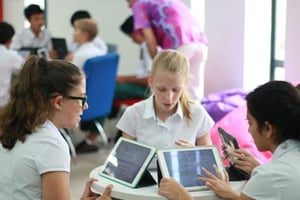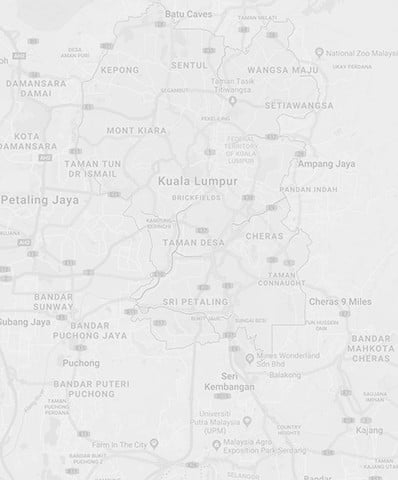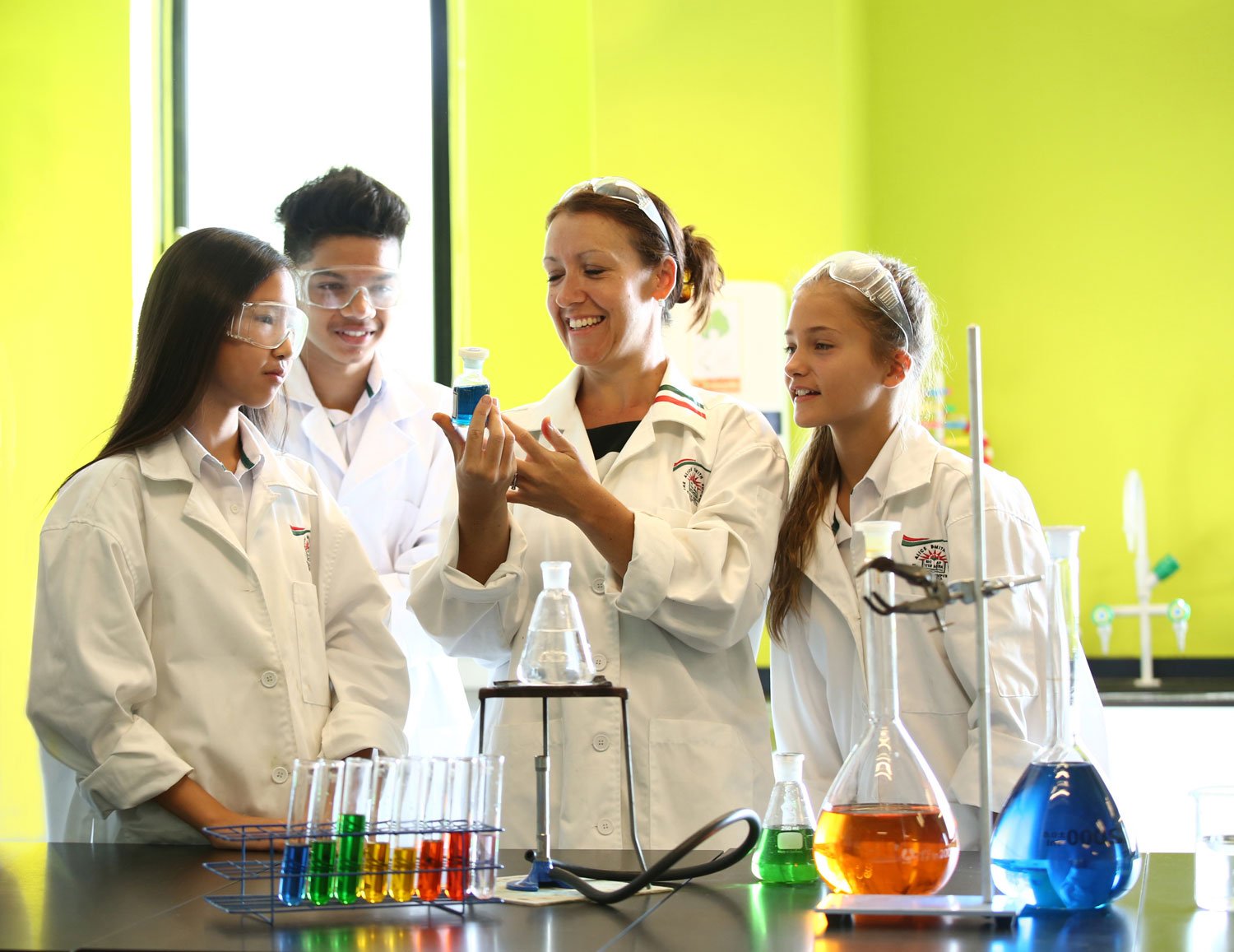 Learning is at the heart of everything we do and in this article Nicola Howard, our Associate Vice Principal and Head of Science and Design Technology, focuses on Mastery Learning and how we are developing this at Alice Smith Secondary School.
Learning is at the heart of everything we do and in this article Nicola Howard, our Associate Vice Principal and Head of Science and Design Technology, focuses on Mastery Learning and how we are developing this at Alice Smith Secondary School.
Mastery Learning or, as it was initially called ‘learning for mastery’ can be traditionally defined as an educational philosophy in which students achieve a level of mastery. For example, they are able to achieve above 90% in a knowledge test. This would be a prerequisite for a student before moving forward with their learning. These learning strategies were first proposed by Benjamin Bloom in 1968. However, Mastery Learning in schools nowadays takes on a slightly different approach. That is, taking the opportunity to spend greater time going into depth in a subject rather than rushing through a topic. We don’t focus on achieving above a certain threshold before being able to move on, but more taking opportunities to really explore particular concepts in depth and from a range of different angles. This may be either through independent study tasks, mini-projects, group work or through flipped learning.
The benefits of such an approach, develop skills that will allow our students to be lifelong learners. Independence, research skills, self-regulation, perseverance are but a few. The realisation from students that they need to learn the basics before they can explore a concept in more depth is a skill in itself as well as knowing what to do in order to ‘master’ the basics. We see this often with students obsessing over past paper questions. Of course, this is incredibly valuable and a useful revision activity. However, unless the knowledge has been mastered, the application of the knowledge will not be as successful or effective as it could be. It’s a bit like trying to run before you can walk.
 At Alice Smith we are working hard to develop all our students as self-regulated learners. Focusing on building such learning power means students can reflect, evaluate and adapt their learning to ensure they are optimising their learning activity. They will start to reflect on the learning process and identify what areas to build on. They are developing the skills to set specific learning goals that will enable them to achieve their very best and ultimately achieve mastery learning. We support our students with this in every way possible from in class support to differentiated activities, from revision quizzes to our KLASS Gateway. The use of technology is supporting a more personalised approach meaning that every student can ultimately achieve mastery learning, it’s just that different students take different amounts of time to achieve it. Because of this, students can finally master the concepts while building a growth mindset, grit, perseverance and taking agency over their learning. The classroom changes too. Students don’t have to focus anymore on just teacher talk. They can now interact with each other and gain a deeper mastery over the material.
At Alice Smith we are working hard to develop all our students as self-regulated learners. Focusing on building such learning power means students can reflect, evaluate and adapt their learning to ensure they are optimising their learning activity. They will start to reflect on the learning process and identify what areas to build on. They are developing the skills to set specific learning goals that will enable them to achieve their very best and ultimately achieve mastery learning. We support our students with this in every way possible from in class support to differentiated activities, from revision quizzes to our KLASS Gateway. The use of technology is supporting a more personalised approach meaning that every student can ultimately achieve mastery learning, it’s just that different students take different amounts of time to achieve it. Because of this, students can finally master the concepts while building a growth mindset, grit, perseverance and taking agency over their learning. The classroom changes too. Students don’t have to focus anymore on just teacher talk. They can now interact with each other and gain a deeper mastery over the material.



